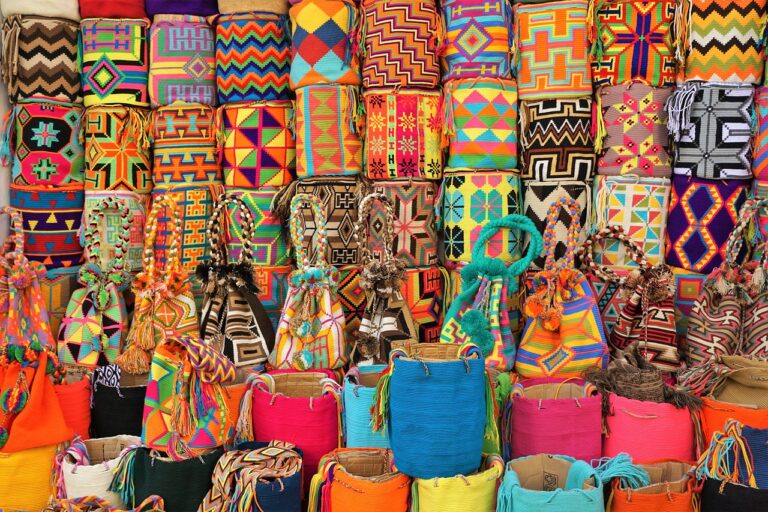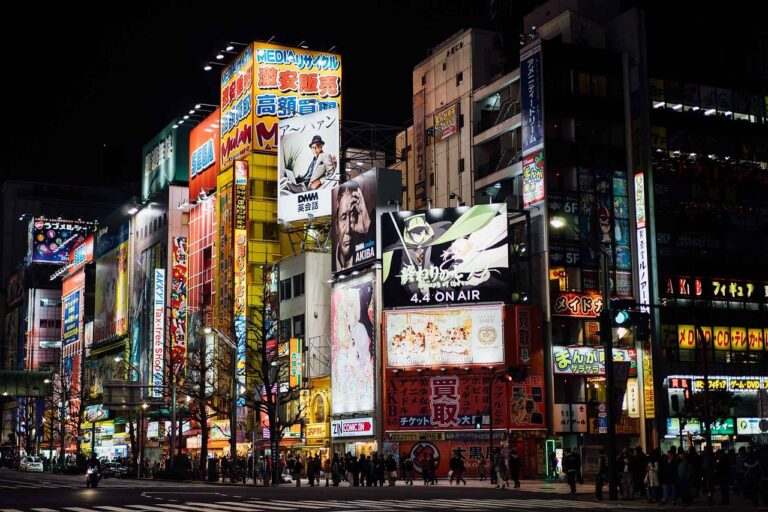The Future of Luxury Retail: Balancing Exclusivity with Accessibility
Luxury retailers face the constant challenge of maintaining exclusivity while also reaching a wider audience to drive sales. The balancing act between maintaining a sense of rarity and desirability versus expanding market reach can be a delicate one to navigate in an industry where perception and branding are key.
Another significant challenge for luxury retailers is the ever-changing landscape of consumer behaviors and preferences. With shifting trends and the influence of social media, staying ahead of the curve and anticipating the needs and desires of the affluent consumer base becomes essential for staying competitive in a rapidly evolving market.
Changing Consumer Preferences
Luxury consumers today are displaying a shift in their preferences compared to previous generations. The desire for exclusivity and status symbols is evolving into a demand for authenticity and sustainability. This change is evident in the increasing number of luxury shoppers seeking out brands that prioritize ethical practices and prioritize environmental responsibility in their production processes.
Moreover, technology has played a significant role in shaping consumer preferences in the luxury retail sector. With the rise of social media influencers and online shopping platforms, consumers now have access to a vast amount of information and choices at their fingertips. This has led to a more informed and discerning consumer base that values transparency and personalization in their luxury shopping experiences.
Impact of Technology on Luxury Retail
With the continuous evolution of technology, the luxury retail industry is experiencing significant transformations. Online platforms and e-commerce have become essential for luxury brands to reach a wider audience and cater to the changing preferences of consumers. The use of virtual reality (VR) and augmented reality (AR) technologies have allowed luxury retailers to enhance the online shopping experience, offering customers a more immersive and interactive way to explore products.
Moreover, technology has also revolutionized the way luxury retailers collect and analyze data on consumer behavior. By leveraging big data analytics and artificial intelligence, luxury brands can gain valuable insights into consumer preferences, buying patterns, and trends. This data-driven approach enables retailers to personalize their marketing strategies, tailor their product offerings, and provide a more personalized shopping experience for their customers.





